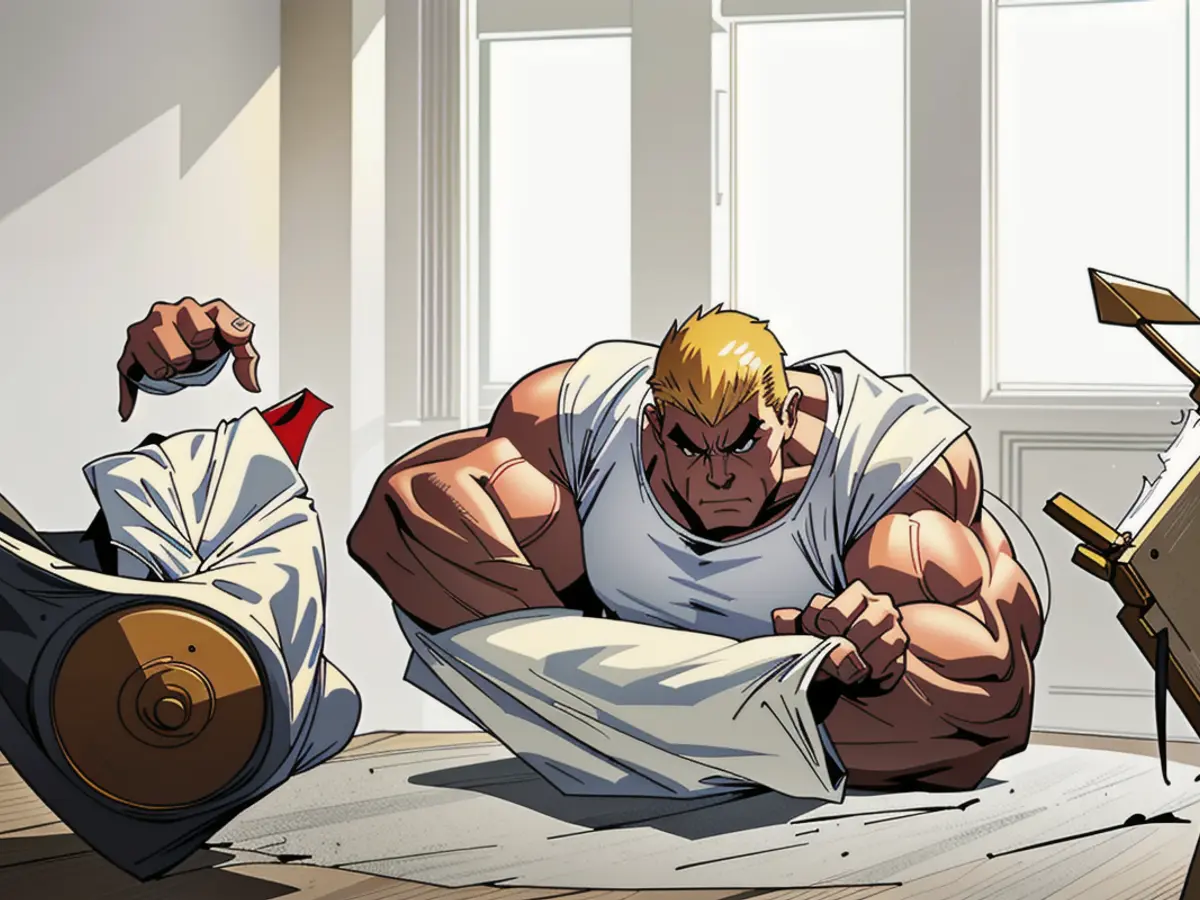Commencement of a new season calls for the elimination of these four items consistently.
As the seasons change, so do the necessities of our living spaces. Warmer weather calls for emptying out those cold weather drawers, while snowy seasons require shoe storage and doormats near the entryways. This transition period is an excellent opportunity to evaluate your spaces and declutter as needed. Mary Cornetta, an organizing expert at Organized Overall, provides insight on what to get rid of or put away at the beginning of each season.
Why Seasonal Decluttering Is Important
Seasonal decluttering is a convenient way to perform your year-end decluttering tasks. Regularly tackling spaces and items prevents them from becoming unmanageable and makes your home more functional. No more reaching for that expired sriracha or wrestling with that thick winter sweater in the summer heat.
Things to Get Rid of (Or Put Away) Each Season
Ingredients
Avoid cooking with or consuming expired ingredients. Use the changing of seasons as a reminder to check your fridge and pantry for expired items. Look at their use-by, sell-by, or best-by dates and dispose of any that are past their prime.
Expired ingredients are easy to miss, including egg or dairy-based condiments, powdered milk, spices, and hard cheeses. Keep an eye out for items close to their expiration dates and make sure you use them within the next week's meal plans.
Makeup
Makeup has an expiration date, often forgotten due to infrequent use. Use the start of each season as an excuse to go through your skincare, makeup, and beauty products. They degrade quicker than we realize, so don't neglect decluttering them.
To extend the shelf life of rarely used products, consider storing them in a small container in the refrigerator. Refrigeration slows down the degradation of some products, ensuring they remain safe to use for slightly longer periods.
Makeup Expiration Dates
- Mascara or liquid eyeliner: Three months
- Liquid lip products or foundation: One year
- Powdered foundation, blush, or eyeshadow: Two years
- Lipstick: Two years
- Pencil eyeliner: Two years
Seasonal Clothing
As the weather shifts (warms up or cools down), set aside an hour for a mini closet declutter. Look for seasonal clothing that will no longer be wearable in the upcoming months, and store it until the next year if you still plan to use it.
Feel indifferent about it? "If you recently bought something you don't like and can't return, consider donating it to a friend or women's shelter," suggests Cornetta.
There's no need to toss your entire seasonal wardrobe all at once. Keep a few items from the previous season in the upcoming one for unexpected weather changes.
Papers
Papers tend to accumulate faster than expected. This includes kids' artwork, bills, notices, and important documents. The best way to manage this is by going through your papers and documents seasonally, filing or storing what's important, and disposing of the rest. Take photos of any vital documents before shredding to avoid potential regret.
Decluttering Tips and Tricks
Decluttering can seem intimidating, even if performed regularly. But it doesn't have to be. Use these three tips to make decluttering (and organizing) a smoother process:
- Begin with small tasks. Start with the smallest decluttering task, like tackling a hallway closet or bathroom cabinet, to avoid feeling overwhelmed from the start.
- Remove everything first. It's easier to see your needs and excess when you can see your items unobstructed. Empty a space before decluttering, even if you know most of the items will go back.
- Finish the job. Don't leave any decluttering tasks undone. Make it a goal to declutter, toss, and donate within the same day to avoid the pile-up near the front door for the thrift store.
After performing seasonal decluttering, you can then organize your home using tips from Southern Living's Home and Gardens section. For instance, incorporating cleaning and housekeeping routines that suit each season can keep your home sparkling throughout the year.
Additionally, an expert like Mary Cornetta from Organized Overall recommends regularly checking expired ingredients and throwing them away. This is especially important during the spring and autumn clean-ups, ensuring that your kitchen remains functional and free from health hazards.







